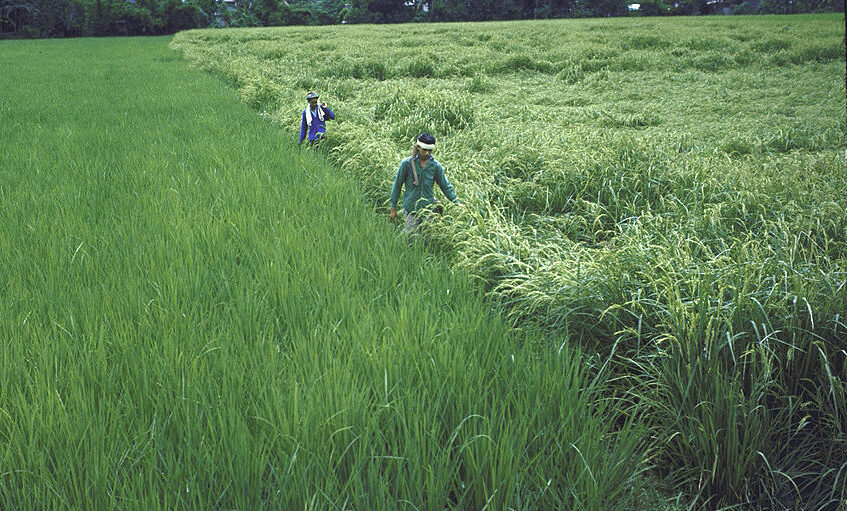Improving Global Education: Evidence, Cost-Effectiveness, and Political Economy
Solutions to many of today’s key development challenges hinge not on creating new technologies and solutions, but in understanding why the poor do not adopt seemingly beneficial technologies that already exist. Throughout the developing world, there are countless examples of technologies that appear to be welfare enhancing but are adopted by the poor at very low rates. Examples span health, finance, and agriculture sectors, and include cleaner cook-stoves, anti-malarial bednets, toilets, fertilizer, weather insurance, and improved seed varieties. To make progress on these problems, we need to understand the sources of behavioral or structural barriers to new technology adoption, in order to devise policies and marketing strategies to address those barriers. This talk will highlight economic analysis and randomized-controlled-trial based field experimental methods applied in South Asia and sub-Saharan Africa to make progress on these questions.






